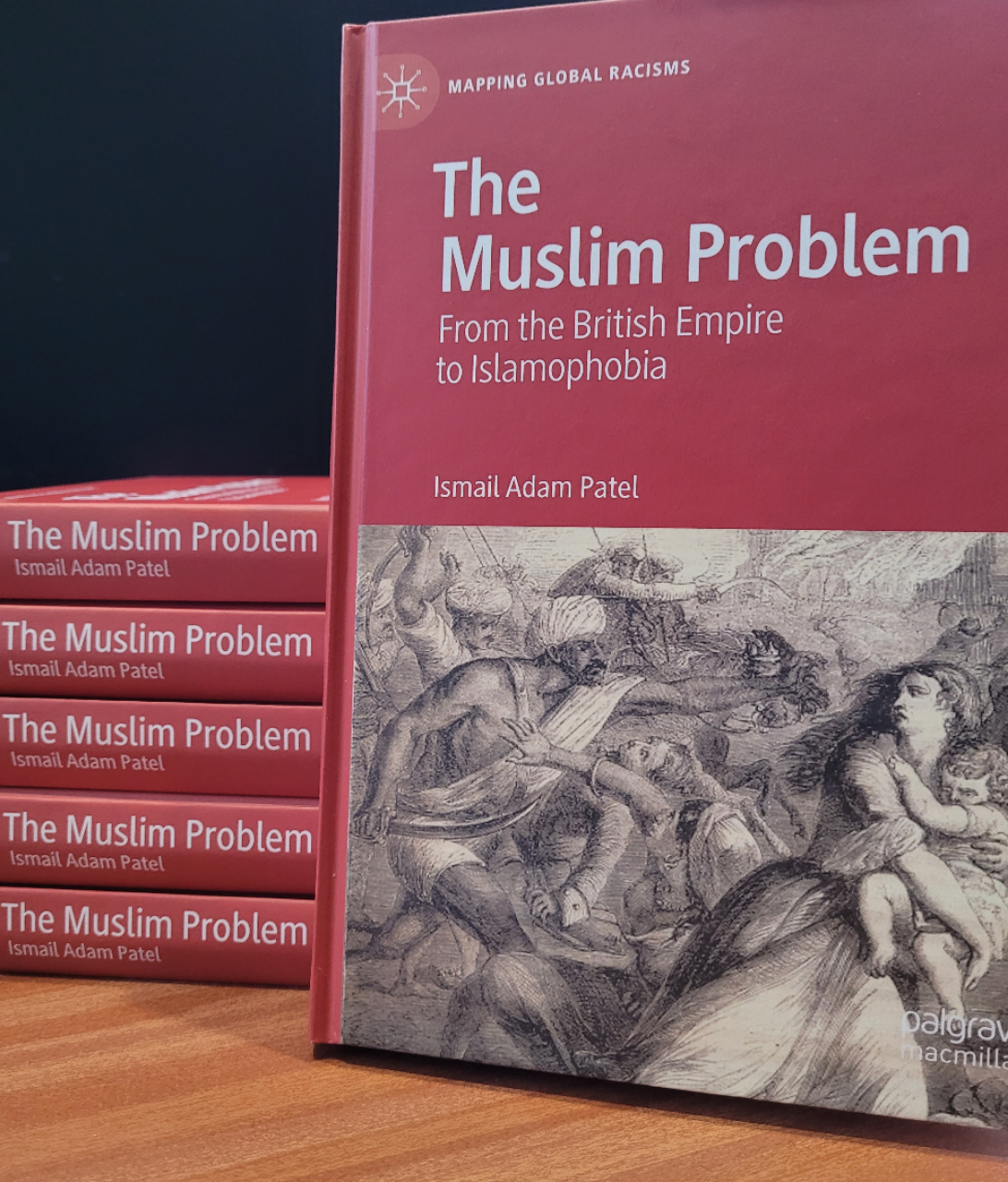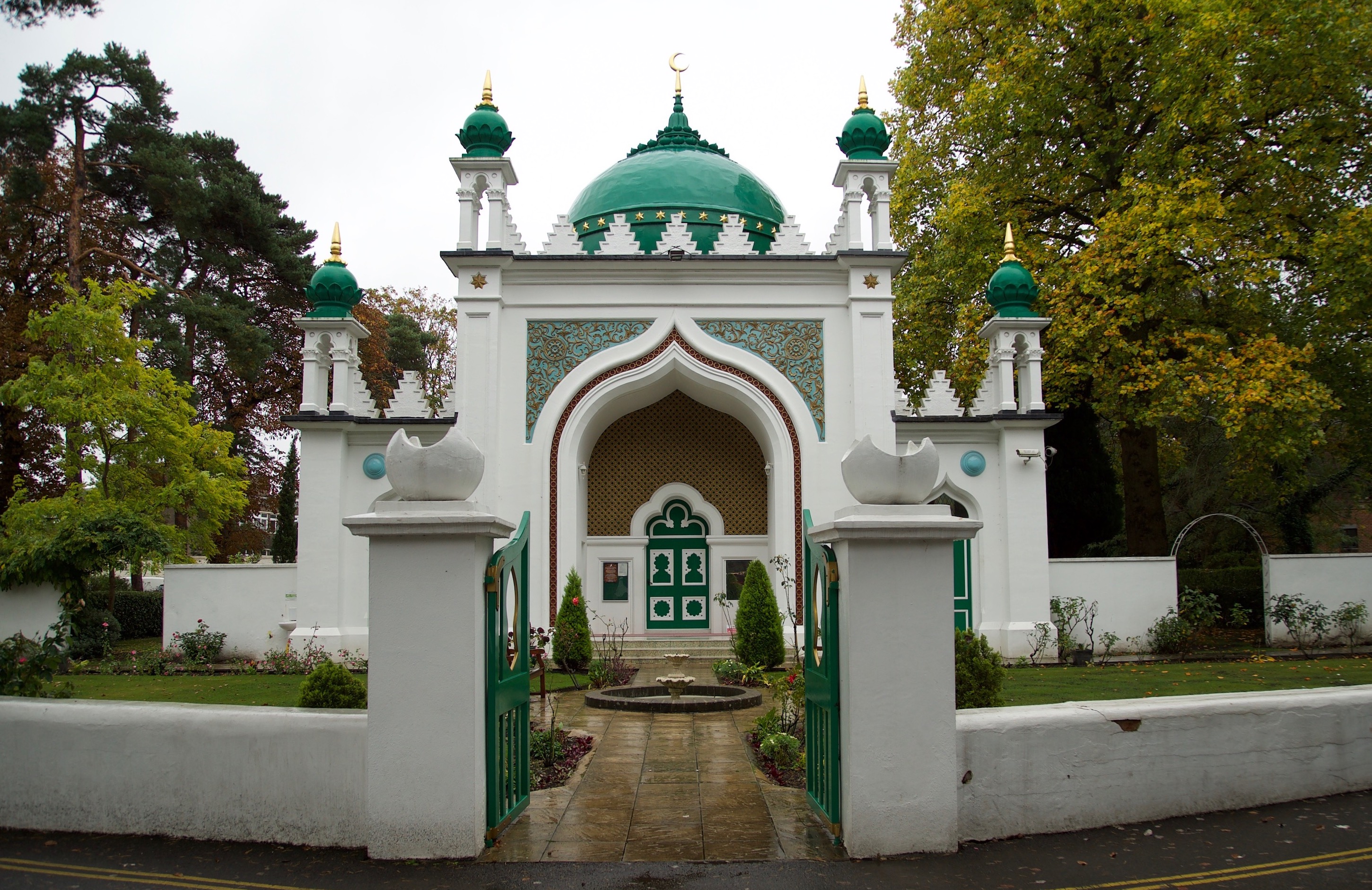Is Islam fundamentally incompatible with Britishness?
A mid rising Islamophobia across Britain, we are led to ask whether being Muslim is incompatible with being British.
Historically, the Muslim-British relationship has not been one of abiding animosity, but varied from conviviality to antagonism. Further, Britain has benefitted from Muslim migration. Despite this, the figure of the Muslim is still widely viewed as an obstacle to Britishness and Islamophobia is normalised.
The UK, an Anglocentric political project encompassing England, Wales, Scotland and Ireland, is based on a notion of Britishness that defines itself in relation to an “Other”. While various national, religious and linguistic and political identities exist across the four states, the idea of Britishness deflects such internal differences.
The accommodation of multiple identities within Britishness is possible because Britishness is understood in relation to an “Other”. That is, the “Other” deflects internal differences to highlight what Britishness is not.
Over time, the Other has varied from the French, to Catholicism, and (from the 18th century) the colonised. The dominant narrative of the colonised has been racist. Here the colonised are represented as vulgar, ignorant and inferior; colonised peoples stand in stark contrast to Britishness. In other words, Britishness comes to be understood in opposition to the tropes of the colonised.
In Britain, representations of the figure of the Muslim have been constructed through theological interpretation, science and popular culture. In service of imperialism, Christian Britain represented itself as a civilisational saviour juxtaposed against “barbaric” Muslims who required religious education. Christian churches supported the representation of Muslims as the infidel Other, who needed to be engaged in a civilising mission.
At the same time, European scientific theories viewed non-whites as inferior. The scientific theories promoted a notion of a civilisational gap between the British and the Muslims. These theories rationalised Britain’s colonialist narrative of the right to rule over the Muslims.
Vanquishing Muslims
Racist justifications for colonialism are further evidenced through cultural representations of Muslims. In the 18th century, the British battled against Tipu Sultan to colonise his territory of Mysore, modern-day India. British news articles, books, plays and works of art at the time perpetuated myths about Tipu as a fanatical Muslim extremist.
Through Tipu, the figure of the Muslim emerged in a fearsome light. Muslims resisting colonialism thus became a threat to Britishness, which itself projected a myth of progress, whiteness and western superiority.
When finally, after three decades and four wars, Britain defeated and killed Tipu in 1799, there were massive celebrations. This included a panoramic illustration in London’s Leicester Square depicting the sultan’s last stand. The canvas, more than 200 feet long, glorified Britishness. Thereafter, painters, dramatists and authors created additional works focused on Britain vanquishing the figure of the Muslim.
Such representations of Tipu and the figure of the Muslim in general bolstered the narrative of imperialism as an act of benevolence against the tyranny of Muslims. This made it possible to project the British not as conquerors of Mysore and other regions, but as saviours and liberators.
This is not to say that there was a uniformity in representations of Muslims, but it does show how the imperialist worldview defined Muslims as an Other. And as such the representation of Muslims provided the relational other to Britishness.
Imperial collapse
By the mid-20th century, British imperial domination had dwindled. Britain had to join NATO to ensure military protection, and culturally, Americanisation surpassed Britishness. The collapse of the British empire was a juncture of significant military, political, economic and cultural upheaval.
However, the most notable casualty in the loss of the empire was the loss of the colonised, who helped to define Britishness. The post-imperial trauma of unravelling Britishness demanded an urgent reformulation of what it meant to be British. In the crisis of post-colonial Britain, all non-whites were collectively labelled as "the Blacks", including Arab Muslims. The distinction of the ethnic minorities as "Black"' slipped in to do the work for Britishness that the colonised Other had previously provided.
Yet, this post-colonial reformulation of Britishness became increasingly difficult to sustain, as various groups challenged the imposition of this identity. In addition, through measures such as the International Convention on the Elimination of All Forms of Racial Discrimination, the categorisation of citizens along racial lines became problematic.
Muslims subsequently became located within the label of "Asian", "Arab" or "Pakistani", and they continued to face discrimination.
Maintaining white privilege
Things took another turn in 1989 with the Satanic Verses controversy, after publication of the novel by Salman Rushdie.
Anti-Islamophobia approach must include the depoliticisation of differences and the acceptance of diversity
The demand by Muslims to have their legal rights and sentiments respected marked a juncture that racialised them as Other within the British political landscape. Thus, the promotion of Britishness, a euphemism for maintaining white privilege, began to be constructed in relation to Muslims - who, despite being of varied cultural backgrounds, were categorised into a single "race".
Islamophobia is the post-colonial reformulation of the figure of the Muslim. In the contemporary political milieu, it serves a number of functions that culminate in excluding Muslims from the commonly accepted notion of Britishness. Challenging Islamophobia thus involves rejecting the racist, post-colonial, politically constructed hierarchy.
An anti-Islamophobia approach must include the depoliticisation of differences and the acceptance of diversity. Similar to anti-racist campaigners, this strategy advocates not for a post-racial society, but a post-racist one.
It requires rejecting a structurally biased governance system that constructs Muslimness as "the Muslim problem".
This article covers a few issues discussed in a book published by the author this month by Palgrave Macmillan titled: The Muslim Problem: From the British Empire to Islamophobia.
The views expressed in this article belong to the author and do not necessarily reflect the editorial policy of Middle East Eye.




0 Comments:
Post a Comment
Subscribe to Post Comments [Atom]
<< Home